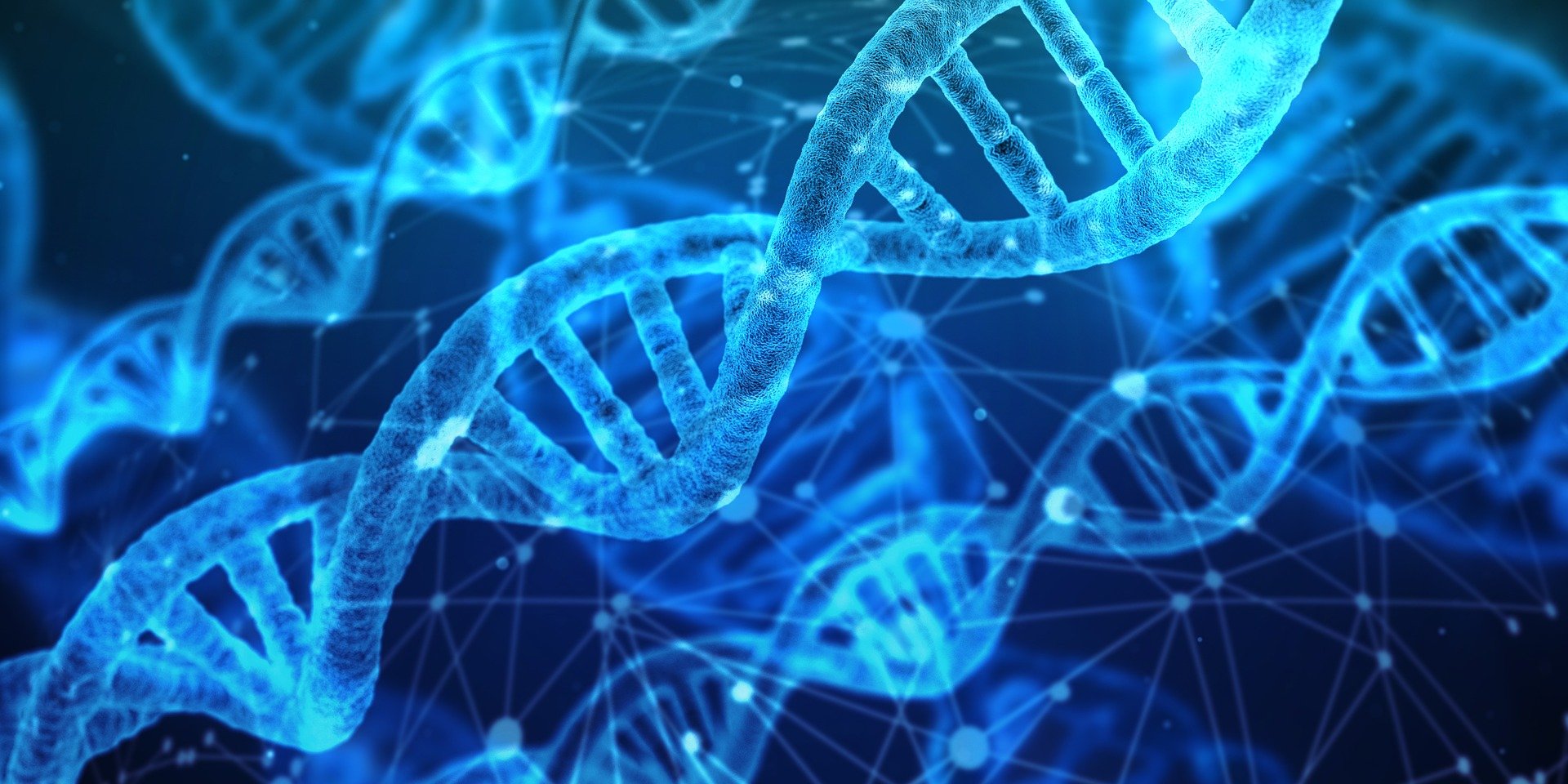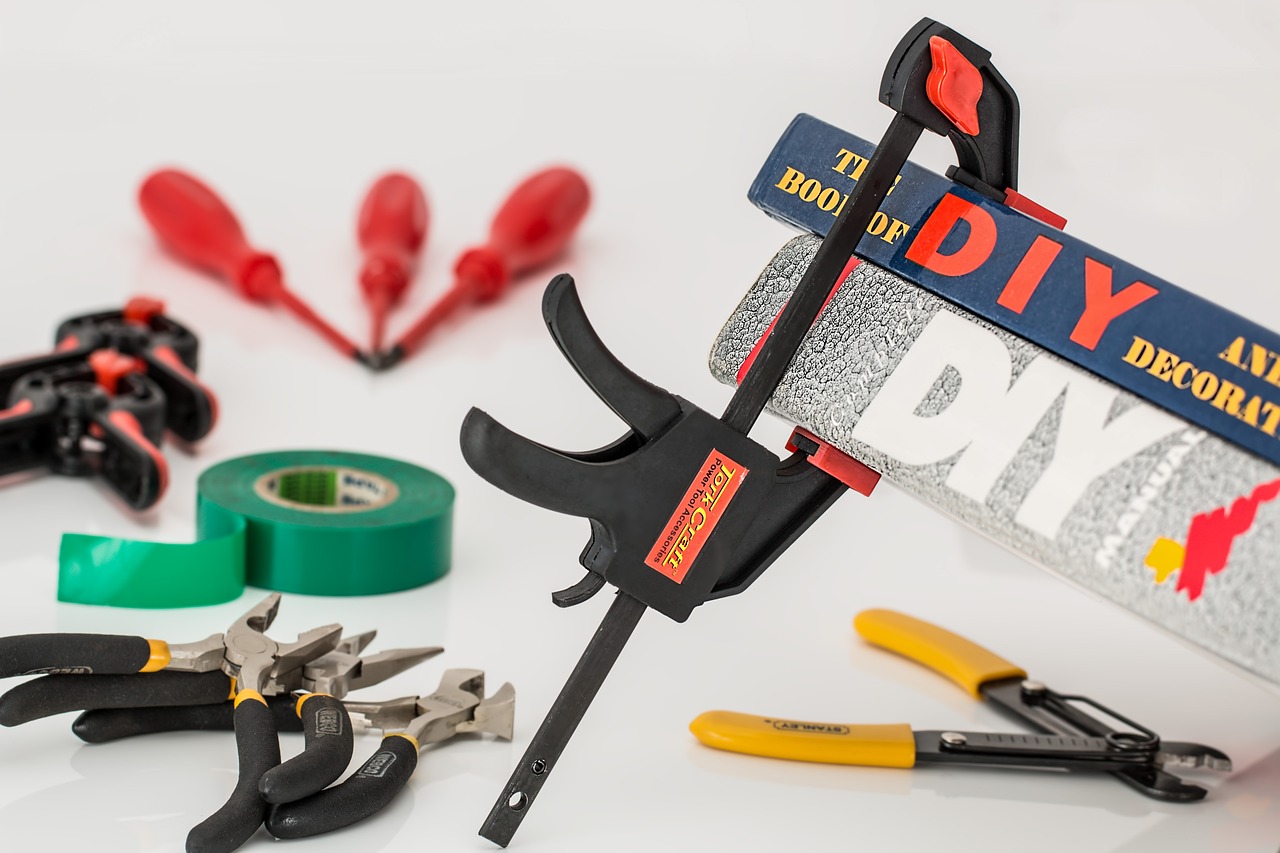Medical science heavily relies upon organ donation to treat some of the most significant afflictions someone can experience. With this in mind, in her latest article, Laura Richardson now explains how someone can donate their body after they die.
Read on to find out more . . .
In the UK donations of bodies to medical science is governed by the Human Tissue Authority (HTA). Body donations are accepted by medical schools either as a resource for training healthcare professionals or for research purposes. Whilst the HTA do not directly deal with the donation of bodies, their role is to “to make sure that … organisations remove, store, and use brains, bodies and tissues in an appropriate, respectful and well-managed way, and that the wishes of individual patients and their families are respected.” Through licensing and rigorous inspection of organisations that accept body donations, the HTA strive to promote body donation as a positive, viable and appealing option for those in the UK.
Under normal circumstances, anyone can donate their body to medical science. However, due to the Covid-19 pandemic many medical schools are currently unable to accept body donations, and therefore the HTA is currently advising potential donors to make alternative funeral arrangements in case donation is not possible.
If you wish to donate your body to medical science or would like to discuss the matter further, you should contact a nearby medical school who will be able to provide you with further information as well as a consent form. Under the Human Tissue Act 2004, if you wish to donate your body to medical science, you must provide your consent in writing and have this witnessed. Your loved ones cannot consent for your body to be donated without your prior written consent.
Whilst deciding whether or not you wish to donate your body to medical science, you may wish to consider how your loved ones would mark your passing in the absence of a body to bury or cremate. Holding a funeral or memorial type service is an important part of the grieving process and therefore you may wish to discuss service options with your loved ones. For example, you may decide to have a symbolic coffin to be buried or cremated to help your loved ones to grieve and find closure following the difficult time of your death. Medical schools will usually arrange for donated bodies to be cremated in due course, but it is possible for your body to be returned to your next of kin in order to hold a private burial and cremation at a later date which is again another point to discuss with your loved ones.
If you decide to donate your body to medical science it is vital that you keep your formal written consent in a safe place that can be easily accessed after your death. Ideally, your consent should be kept with your Will in safe storage. At Andrew Douglas Wills & Legal Services we offer a safe, secure document storage service to protect your valuable documents from loss, damage or theft in our Braintree storage facility. Whether in Braintree or the surrounding areas of Essex, for further information regarding safe storage of your consent for bodily donation, contact Andrew Douglas Wills & Legal Services today.
If you would like to keep up with our latest posts and advice about estate planning through the regular advice that we provide to our clients in this regard, then please also feel free to –
Follow us on Twitter at https://twitter.com/ADouglasWills
Follow us on Facebook at https://www.facebook.com/AndrewDouglasWills
Follow us on Google+ at https://plus.google.com/b/117915389310253337582/+AndrewdouglaswillsCoUk/





